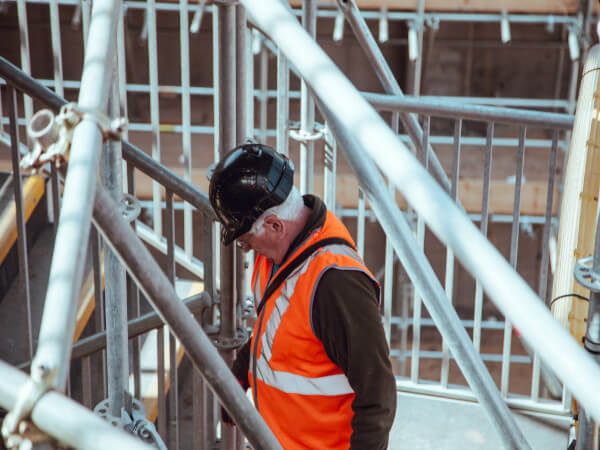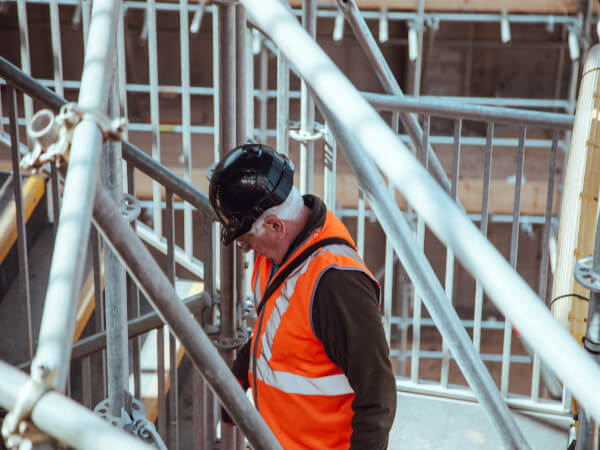The government has unveiled the “biggest ever public investment in Britain’s rail network” with £96bn pledged to deliver faster journeys for people across the North and the Midlands.
But a lot of the programme is money previously committed and savings from scrapping HS2’s eastern leg to Leeds. An £18bn cheaper version of the Northern Powerhouse Rail plan has also been adopted.
The original Hs2 and Northern Powerhouse Rail plans were costed at £185m

The Integrated Rail Plan (IRP) will see construction work including:
Three-new-high-speed-lines-covering-110-miles
Complete HS2 from Crewe to Manchester, with new stations at Manchester Airport and Manchester Piccadillya new high-speed line between Birmingham and East Midlands Parkway. Trains will continue to central Nottingham, Derby and Sheffield on an upgraded and electrified Midland Main Linedelivering Northern Powerhouse Rail through a new high-speed line between Warrington, Manchester and Marsden in Yorkshire as in the first of the options originally put forward in 2019.a study to look at the best way to take HS2 trains to Leeds, including capacity at Leeds Station.
The upgrading or electrification of 3 existing lines:
the complete electrification of the Midland Main Line from London to Nottingham, Derby and Sheffield.a programme of rapid upgrades to the East Coast Main Line to the East Midlands, Yorkshire and the North East. Journey times will be up to 25 minutes faster than nowfull electrification and upgrade of the Transpennine Main Line between Manchester, Leeds and York as part of delivering the first phase of NPR, installing full digital signalling, with longer sections of three- and four-tracking to allow fast trains to overtake stopping services, and increase through passenger services by 20%. An additional £625 million in new funding has been confirmed today to progress the Transpennine Route Upgradein total, electrification of more than 180 miles of route, meaning that 75% of the country’s main lines will be electric, to meet the ambition of removing all diesel-only trains from the network by 2040, as part of our commitment to reach Net Zero by 2050.
The freeing up of money to improve local services and integrate them properly with HS2 and NPR
a new mass transit system for Leeds and West Yorkshire, righting the wrong that Leeds is the largest city in Western Europe without one. There will be £200 million of immediate funding to plan the project and start building it, and we commit to supporting West Yorkshire Combined Authority over the long term to ensure that this time, it gets doneseparately, we could halve journey times between Bradford and Leeds, to be as low as 12 minutesgreater connectivity benefits between the West and East Midlands in comparison to previous plan and progressing work on options to complete Midlands Rail Hub, dramatically increasing local services through central Birmingham and across the Midlands and connecting them better to HS2investment to deliver a programme of fares, ticketing and retail reform including the roll out of contactless pay-as-you-go ticketing at commuter stations in the Midlands and North, ending ticket queues and tackling confusion about fares by automatically ensuring that you are charged the best price. The government will also drive towards rolling out digital ticketing across the whole network
Prime Minister Boris Johnson said: “My mission is to level up opportunity across our country, which is why we’re making train journeys faster and more reliable through the biggest ever public investment in our rail network.

“Levelling up has to be for everyone, not just the biggest cities. That’s why we will transform transport links between our biggest cities and smaller towns, ensuring we improve both long-distance and vital local services and enabling people to move more freely across the country wherever they are.”
Construction leaders have given the revised plans a lukewarm response.
Director of Policy at the Institution of Civil Engineers, Chris Richards said: “Today’s decision on HS2 and Northern Powerhouse Rail will be a blow for many. Decisions are always subject to political review, but it has taken us 12 years to get nowhere – we have to make the next 12 about progress.
“The detailed background work for the schemes mentioned today has already been donewe can therefore shift right away to planning and ensuring we are maximising public benefit We expect to see a delivery plan in the next 12 months, otherwise today’s announcement is a further step on the journey to nowhere.”
Andy Bell, director at Ramboll in the UK, and chair of ACE’s transport group, said: “Just 18 months ago the Prime Minister told Parliament in a statement following the Oakervee review, that it ‘does not make any sense’ to build Northern Powerhouse Rail without HS2 and the Government’s strategy was to do both ‘simultaneously’.
“Clearly the pandemic has strained public finances since then, but another change of approach does not help an engineering sector scaling up skills and resources – at a time of global demand for rail expertise – around what appeared to be clear commitments and pledges.”

The government added: “The new plans, using a mixture of new-build high-speed line and upgraded conventional lines, were drawn up after it became clear that the full HS2 and NPR schemes as originally proposed would have cost up to £185 billion and not entered service until the early to mid-2040s.”
Darren Caplan, Chief Executive of the Railway Industry Association (RIA), said: “It is worrying that this scheme has been scaled back. Northern Powerhouse Rail will be essential in connecting up towns and cities in the North of England, alongside delivery of the Transpennine Route Upgrade.
“This project has been promised time and time again since 2014, with millions of pounds spent on its design and shovels ready to go. These plans being torn up will only add yet more costs and delay work.”


Did you miss our previous article…
https://www.thegraduatemag.com/?p=1400
















